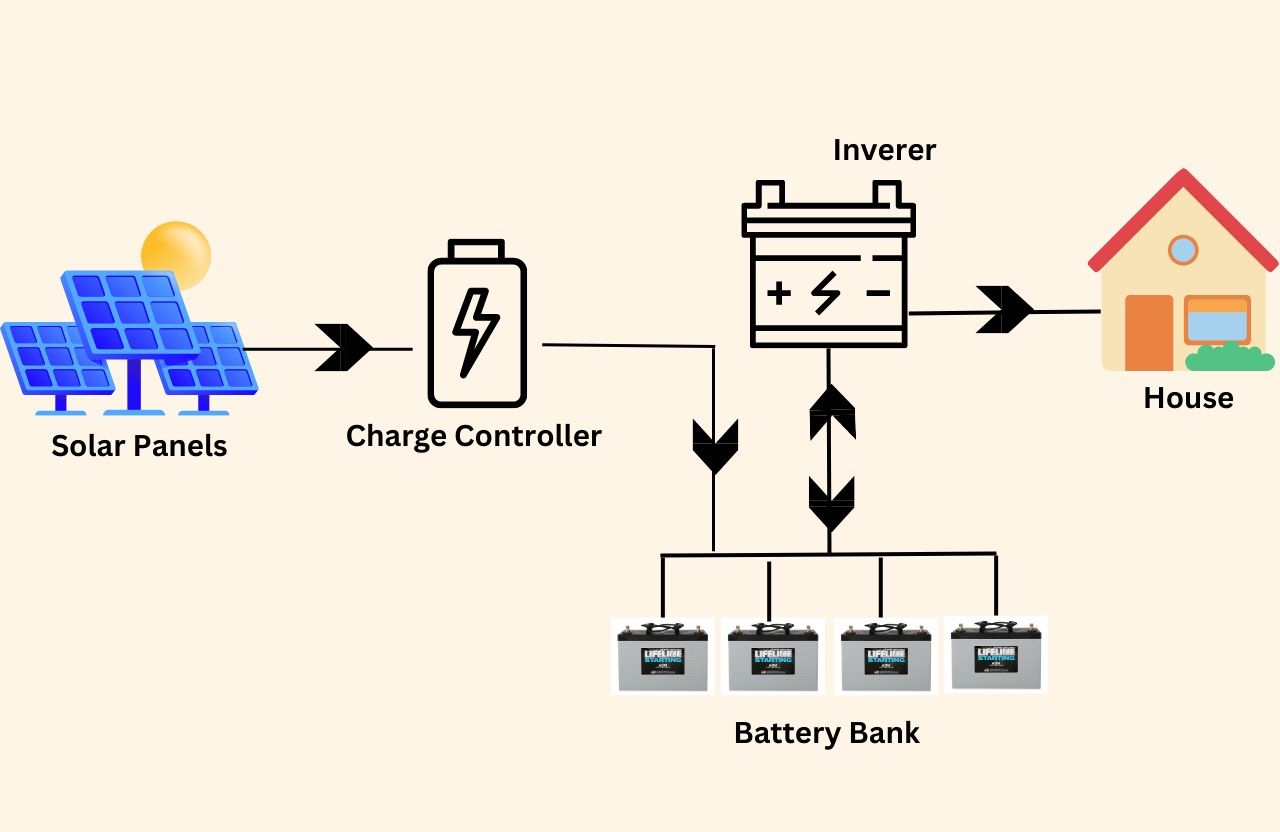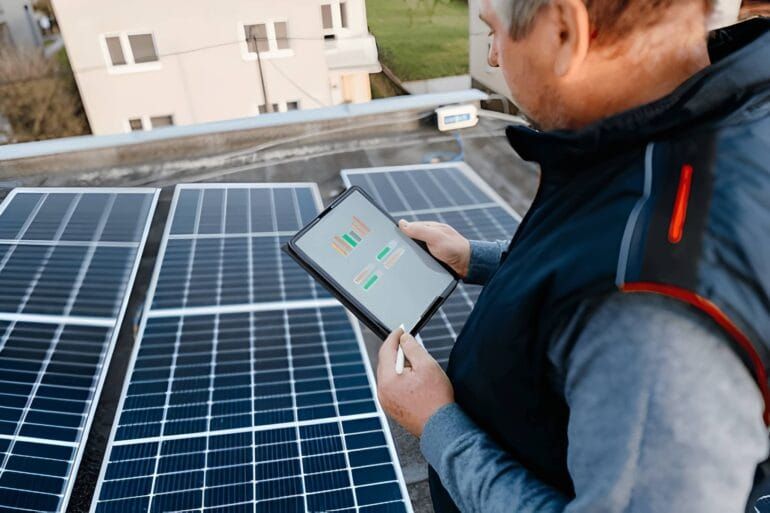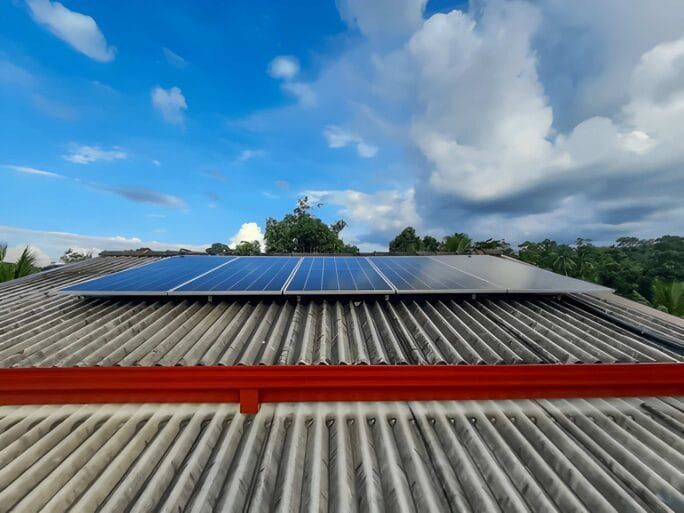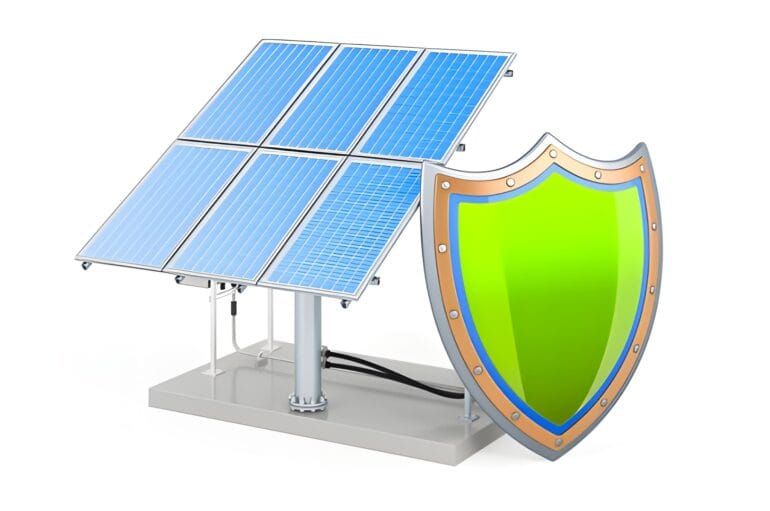Solar batteries, also known as solar energy storage systems or solar power storage, are devices that store the electrical energy generated by solar panels for later use. In recent years, solar energy has gained significant popularity as a clean and renewable source of power. As countries around the world strive to reduce their carbon footprint, solar power systems have become a common sight on rooftops.
While solar panels are an essential component of these systems, solar batteries play a crucial role in maximizing their efficiency and ensuring a constant supply of electricity. In this article, we will delve into the functioning of solar batteries in Australia, exploring their benefits, working principles, and the future of solar energy storage.
Introduction
Australia is known for its abundant sunlight, making it an ideal location for harnessing solar energy. Solar batteries serve as storage units for excess electricity generated by solar panels, ensuring a continuous power supply even during cloudy days or at night.
By storing surplus energy, solar batteries help households and businesses become more self-sufficient and reduce their reliance on the grid. This article will provide insights into the workings of solar batteries and their role in the Australian energy landscape.
Understanding Solar Batteries
Solar batteries are rechargeable devices that store electricity generated by solar panels. They are designed to store excess energy during periods of high solar production and discharge it when the demand exceeds the solar output. This helps bridge the gap between energy generation and consumption, ensuring a reliable and consistent power supply.
Types of Solar Batteries
There are two primary types of solar batteries commonly used in Australia: lead-acid batteries and lithium-ion batteries.
Lead-Acid Batteries
Lead-acid batteries have been in use for several decades and are a cost-effective option for solar energy storage. These batteries consist of lead plates submerged in an electrolyte solution, and they store energy through a chemical reaction. While lead-acid batteries are affordable, they have a limited lifespan and lower energy density compared to lithium-ion batteries.
Lithium-Ion Batteries
Lithium-ion batteries have gained popularity in recent years due to their superior performance and longer lifespan. These batteries utilize lithium ions to store and release energy.
They offer higher energy density, faster charging capabilities, and greater depth of discharge compared to lead-acid batteries. As a result, lithium-ion batteries have become the preferred choice for residential and commercial solar installations in Australia.
How Do Solar Batteries Work?
Solar batteries operate through a series of processes, including charging, discharging, and power conversion.
Charging Process
When solar panels generate electricity, any excess energy that is not immediately consumed is directed toward charging the solar battery. The charge controller, a vital component of the solar battery system, regulates the charging process and prevents overcharging. It ensures that the battery is charged optimally to maximize its efficiency and lifespan.
Discharging Process
During periods of high energy demand or when solar production is low, the stored energy in the solar battery is discharged to meet the electrical needs of the premises.
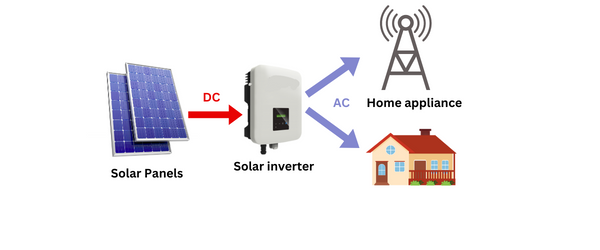
The inverter converts the direct current (DC) stored in the battery into alternating current (AC) for use by household appliances and electrical devices. This conversion enables seamless integration between the solar battery system and the electrical grid.
Inverter and Power Conversion
The inverter is a crucial component of the solar battery system as it facilitates the conversion of DC to AC power. It ensures compatibility with the electrical appliances in the building, allowing for efficient utilization of stored solar energy. The inverter also enables bidirectional power flow, meaning it can draw electricity from the grid to charge the battery during times of low solar production.
Benefits of Solar Batteries
Solar batteries offer numerous advantages for homeowners, businesses, and the environment. Let’s explore some of the key benefits:
Increased Self-Consumption
Solar batteries enable homeowners and businesses to increase their self-consumption of solar energy. By storing excess energy, they can use it during times when solar generation is low or at night, reducing reliance on grid electricity and maximizing the utilization of solar power.
Energy Independence
By utilizing solar batteries, households, and businesses can reduce their reliance on the electrical grid. They can store excess solar energy and utilize it during peak demand periods or when the grid experiences disruptions.
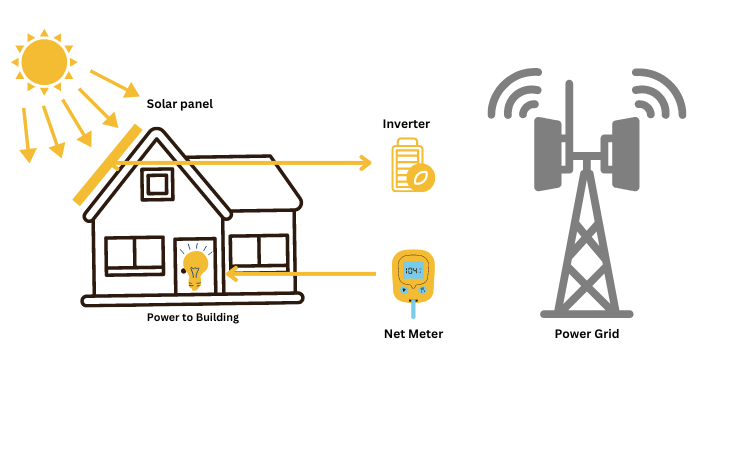
This promotes energy independence and provides a sense of security during power outages.
Cost Savings
Solar batteries help minimize electricity bills by reducing dependence on grid electricity. They enable the consumption of self-generated solar power, leading to significant cost savings over time. By storing excess energy during the day, homeowners can use it during evening hours, when grid electricity rates are typically higher.
Backup Power
In regions prone to blackouts or areas with an unreliable electrical grid, solar batteries serve as a backup power source. They can provide electricity during outages, ensuring essential appliances and critical systems remain operational.
Environmental Impact
Solar batteries contribute to a greener future by promoting clean energy consumption. By storing solar energy and using it when needed, households and businesses reduce their reliance on fossil fuels, thereby reducing carbon emissions and mitigating the impact of climate change.
Grid Independence
Solar batteries also offer the possibility of going off-grid or reducing reliance on the electrical grid. By combining solar panels and batteries, households can generate and store their own electricity, reducing or eliminating the need for grid connection.
Backup Power during Blackouts
In regions prone to blackouts or natural disasters, solar batteries provide a reliable source of backup power. During an outage, the stored energy can be used to power essential appliances and maintain a semblance of normalcy until the grid is restored.
Factors to Consider when Choosing Solar Batteries
When selecting solar batteries for a solar energy system, several factors should be taken into account:
Capacity and Power Rating
The capacity of the solar battery determines how much energy it can store. The power rating indicates how much electricity the battery can deliver at a given time. These factors should align with the energy needs of the household or business.
Efficiency
The efficiency of a solar battery refers to the amount of energy it can store and deliver relative to the energy it receives during charging. Higher-efficiency batteries are better at retaining and utilizing stored energy.
Depth of Discharge
The depth of discharge (DoD) refers to the amount of energy that can be used from the battery before recharging is required. A higher DoD means more usable energy and greater flexibility in managing energy consumption.
Warranty and Lifespan
Consider the warranty and lifespan of the solar battery. Longer warranties and lifespans indicate higher quality and provide peace of mind for the investment.
The Future of Solar Energy Storage
As technology advances and costs decrease, the future of solar energy storage looks promising. Continued research and development are driving improvements in battery efficiency, lifespan, and affordability.
Innovations such as solid-state batteries and flow batteries show great potential in revolutionizing the solar energy storage landscape, making it more accessible and efficient for a wider range of applications.
Connecting Solar Batteries to Solar Systems
Solar batteries are connected to solar energy systems through a charge controller or inverter. The charge controller regulates the flow of electricity between the solar panels and the battery, preventing overcharging and prolonging battery life.
In larger solar installations, an inverter is used to convert the DC electricity from the solar panels to AC electricity for use in the building.
Conclusion
Solar batteries play a vital role in maximizing the benefits of solar power systems in Australia. By storing excess energy and providing backup power, they ensure a reliable and sustainable electricity supply.
As the country embraces renewable energy, solar batteries will continue to evolve, offering improved efficiency, affordability, and environmental benefits. Investing in solar batteries not only contributes to a greener future but also provides long-term cost savings and energy independence.
FAQs
1. Are solar batteries necessary if I have solar panels?
Solar batteries are not essential if you are connected to the electrical grid. However, they offer several advantages, including backup power, energy independence, and cost savings.
2. How long do solar batteries last?
The lifespan of solar batteries varies depending on the type and usage. Lead-acid batteries typically last 5 to 10 years, while lithium-ion batteries can last up to 15 years or more.
3. Can solar batteries be used during power outages?
Yes, solar batteries can provide backup power during power outages. They store energy generated by solar panels and can supply electricity to essential appliances and systems when the grid goes down.
4. Can I add solar batteries to my existing solar panel system?
Yes, it is possible to retrofit solar batteries to an existing solar panel system. However, it is advisable to consult with a professional to assess the compatibility and feasibility of the installation.
5. How do I choose the right solar battery for my needs?
Choosing the right solar battery depends on factors such as energy consumption, desired backup power capacity, budget, and space availability. It is recommended to consult with a reputable solar energy provider who can assess your specific requirements and guide you in selecting the most suitable solar battery solution.
6. Can solar batteries be retrofitted into an existing solar power system?
Yes, However, it’s essential to ensure compatibility between the solar battery and the existing components of the system. Consulting with a solar energy professional can help determine the feasibility of retrofitting a solar battery.
7. Are there any government incentives for installing solar batteries in Australia?
Yes, there are government incentives available for installing solar batteries in Australia. Programs such as the Small-scale Renewable Energy Scheme (SRES) and various state-level initiatives offer financial incentives and rebates to encourage the adoption of solar batteries and renewable energy systems.
